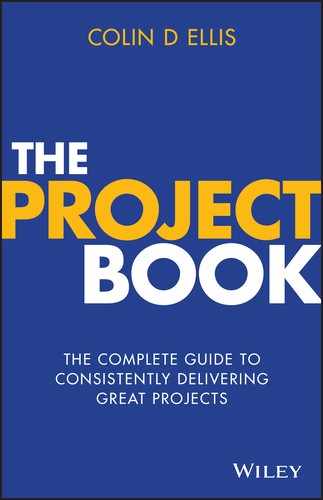CHAPTER 14
BOUNCEBACKABILITY
As a kid I didn’t much care for playing football in the freezing cold, and Liverpool could get very cold in the winter. Worst of all was when the ball hit you full on the thigh, as it would sting like only a leather missile striking cold flesh can. You would wince in agony, at which point you’d be harangued from the touchline: ‘Don’t stop, keep running, keep running! It’ll feel better in a minute’. The last thing you want to do when your leg is screaming in agony is keep running, yet you know there’s truth in those words, and sure enough a minute or so later there’s only a perfect imprint of the ball on your leg to remind you of the blow.
As a child these were the adversities I learned to bounce back (or forward) from. Whether it was catching a well-struck football on the leg, falling off my bike, getting bitten by a dog when delivering newspapers or failing my final-year school exams, I learned to get over it fast, find some kind of positive in it (the dog bite was a hard one!) and move on.
Today we call it resilience. Back then, my dad called it ‘the bulldog spirit’.
The bulldog spirit actually had nothing to do with dogs; rather, it referred to the courage and resoluteness shown by the British people whose homes and livelihoods had been destroyed during Second World War bombing.
In his book The Resilience Breakthrough, Christian Moore writes, ‘Becoming resilient starts with the realisation that the adversity you experience — any pain, discrimination or challenge — can be converted into powerful fuel that can actually bring opportunity’. As a project leader, you’ll face many challenges that will test your confidence in what you’re trying to achieve. If you’re to turn the challenges you face into energy for activity and success, resilience is an important skill to develop.
Like almost every other quality or skill discussed in this section, resilience can be learned. Here are some steps you can take to build your own bulldog spirit:
- Maintain healthy relationships. Building relationships is at the heart of everything that will be great about your leadership, but don’t assume that once you’ve built them they’ll look after themselves. You have to put time and effort into ensuring they remain effective and honest, so when challenges arise you don’t have to rebuild them in an environment of stress.
- Be more optimistic. No one can tell you to be more positive. It just doesn’t work like that …
‘Colin, be more positive!’
‘Thanks so much. I’ve waited 30 years for someone to tell me that, and now I feel great. Silly me for being negative so long.’
- That said, you can (and must) learn to become more optimistic in your thought processes. People are rarely deliberately incompetent. We all make mistakes; recognising them and keeping a focus on solutions is a step towards becoming more positive.
- Surround yourself with people who can help you. In their research on resilience, Reeves and Allison found that the ‘more resilient leaders always made time for coaching, while the less resilient leaders were always too busy’. Calling on help when you need it most from those you trust helps you learn how to deal with different situations and gain perspective. A good coach or mentor will remind you of the actions you need to take to stay on top of your project and your emotions.
- Look after yourself. If you don’t take care of your body, it won’t take care of you. With good management you can avoid those afternoon tiredness slumps. Project leaders look after their body and mind, giving them priority over everything else.
- Look for opportunities to grow. You can also improve your resilience by taking responsibility for things outside your comfort zone. Someone told me early in my career that if there was something I liked the sound of, but I didn’t feel I had the skills for, then I should just ‘feel the fear, then do it anyway’. By taking on tasks that stretch your current skills you start to think that anything is possible, which plays a key role in enhancing resilience.
In her book Lean In, Sheryl Sandberg writes, ‘Being confident and believing in your own self-worth is necessary to achieving your potential’. Being resilient will ensure that as a project leader you will never doubt your self-worth and will unlock your potential to deliver projects successfully every time.
